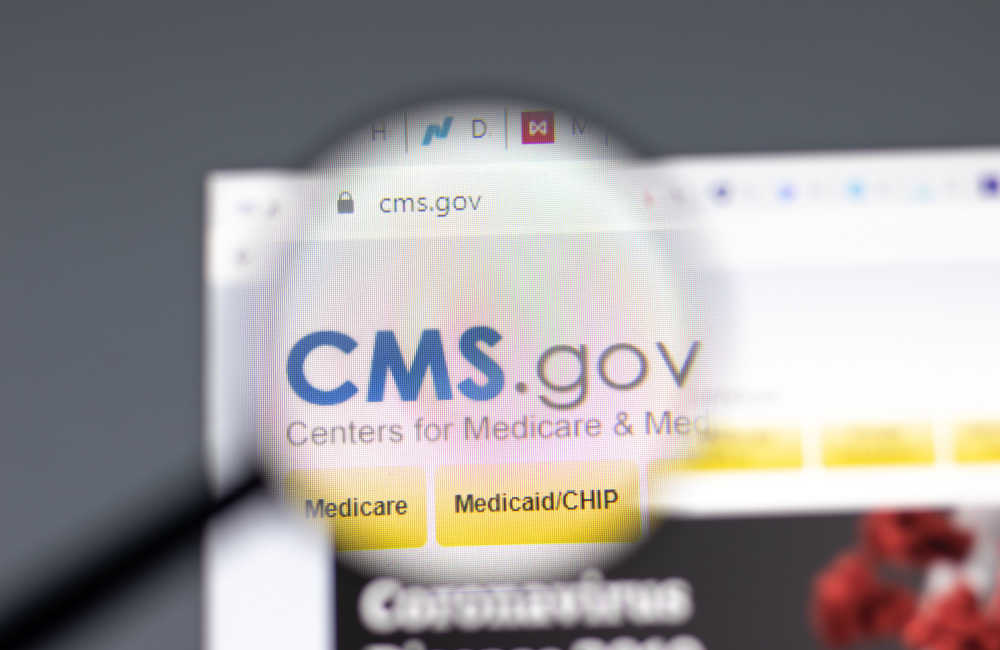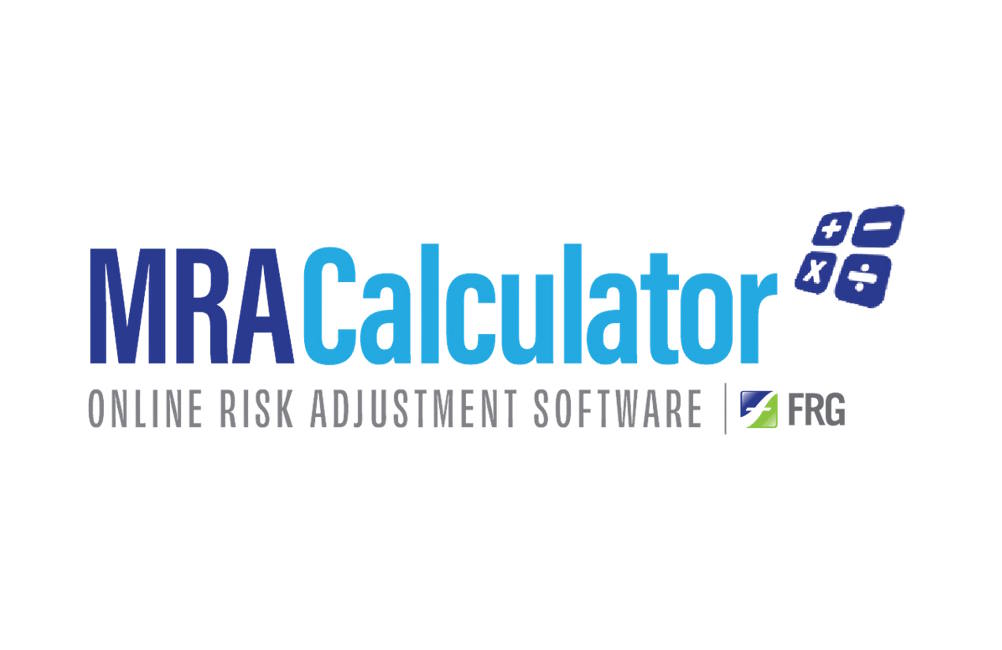OIG’s Updated Plan Targets High-Risk Diagnoses
The Office of Inspector General (OIG) recently updated their Work Plan to include nationwide audits of Medicare Part C high-risk diagnosis codes. OIG Work Plan updates are nothing new, but the OIG’s focus on high-risk diagnosis codes puts even more pressure on medical coders to accurately capture










